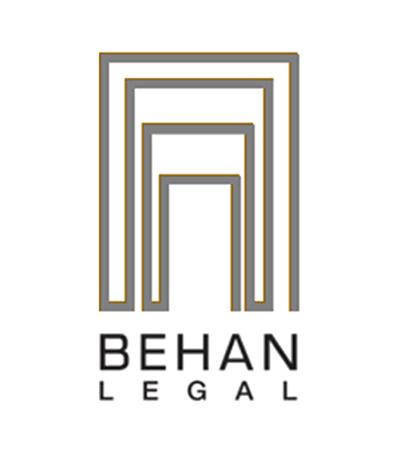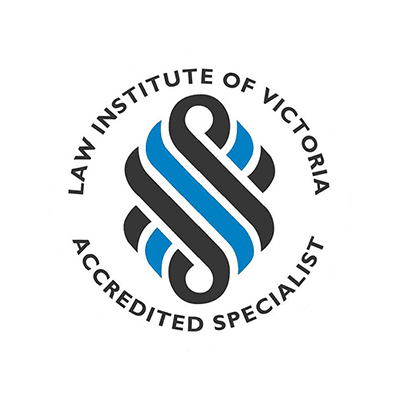Australian Government Research & Development Grants
RESEARCH & DEVELOPMENT GRANTS
The Research & Development tax concession enables a company undertaking Research & Development activities to claim a deduction for up to 125% of the eligible expenditure it incurs. Furthermore, a company may also be eligible for a premium (incremental) tax offset of 175% in certain circumstances (section 73B Income Tax Assessment Act 1936)
Two laws govern this situation:
Section 73B – 73Z Income Tax Assessment Act 1936; and
Section 39 Industry Research and Development Act 1986
WHAT SORT OF RESEARCH & DEVELOPMENT IS ELIGIBLE FOR THE TAX CONCESSIONS?
Sub-section 73B (1) Income Tax Assessment Act 1936 defines research and development as follows:
a) Core activities: systematic, investigative and experimental activities that involve innovation (i.e. an element of originality or novelty) or high levels of technical risk (i.e. the technical outcome cannot be known or determined in advance on the basis of current knowledge or experience and the uncertainty can only be removed by applying scientific methods), and are carried on for the purpose of:
i) Acquiring new knowledge (whether or not having a specific practical application); or
ii) Creating new or improved materials, products, devices, processes or services
b) Supporting activities: other activities carried on for a purpose directly related to the carrying on of the core activities. That purpose need not be the sole or dominant purpose.
However, it should be noted that certain activities will not be included in systematic, investigative and experimental activities: under sub-section 73B (2c) Income Tax Assessment Act 1936such as (amongst others listed in the sub-section):
1 Market research, market testing or market development or sales promotion (including consumer surveys);
2 Quality control;
3 Management studies or efficiency surveys;
4 Pre-production activities such as demonstration of commercial viability, tooling-up, and trial runs.
SInce 1 July 2002, subsection 73B (2BA) Income Tax Assessment Act 1936 provides that:
"Activities are not covered by the definition of research and development activities in subsection (1) unless they are carried out in accordance with a plan that complies with any guidelines formulated by the Board under section 39KA Industry Research and Development Act 1986 that are in force at the time".
WHAT IS ELIGIBLE RESEARCH & DEVELOPMENT EXPENDITURE?
Section 73B (1) Income Tax Assessment Act 1936 defines "research and development expenditure" to mean the following:
1 Contracted expenditure of the company (defined in section 73B(1) Income Tax Assessment Act 1936);
2 Salary expenditure of the company; or
3 Other expenditure incurred directly in respect of research and development activities carried on by or on behalf of the company.
However, the definition excludes these types of expenditure:
a) Core technology expenditure;
b) Interest expenditure;
c) Feedstock expenditure;
d) Excluded plan expenditure; or (all the above are defined in sub-section 73B (1) Income Tax Assessment Act 1936).
e) Expenditure incurred in the acquisition or construction of a building or of an extension, alternation, or improvement to a building.
WHAT ARE THE PRE-REQUISITES TO CLAIMING A RESEARCH & DEVELOPMENT TAX CONCESSION?
In basic terms, to be eligible for the Research & Development concessions a company needs to satisfy these pre-requisites:
1 One needs to register the Research & Development activities of the company with the Industry Research and Development Board in the year of income. More specifically, one needs to lodge applications for registration within 10 months of the end of the year of income in which the one incurs eligible Research & Development expenditure.
2 The company needed to have conducted the Research & Development activities (and therefore incurred the relevant expenditure) on its own behalf i.e. be in control of, bear the financial and technical risk of the expenditure and own the results of the Research & Development in accordance with its financial contribution to the expenses (presumably 100%).
3 The company incurring the Research & Development expenditure needs to be an Australian resident company.
4 The company has incurred aggregate Research & Development expenditure (defined in sub-section 73B (1) Income Tax Assessment Act 1936) of at least $20,000 in the relevant year of income (or the Research & Development activities have been contracted out to an approved Registered Research Agency).
5 The company has an approved Research & Development plan in respect of all Research & Development activities.
6 It is necessary to exploit the Research & Development on normal commercial terms and benefit the Australian economy.
NEED MORE INFORMATION
Behan Legal assists and advises on these important issues. For an appointment, call 03 9646 0344.


